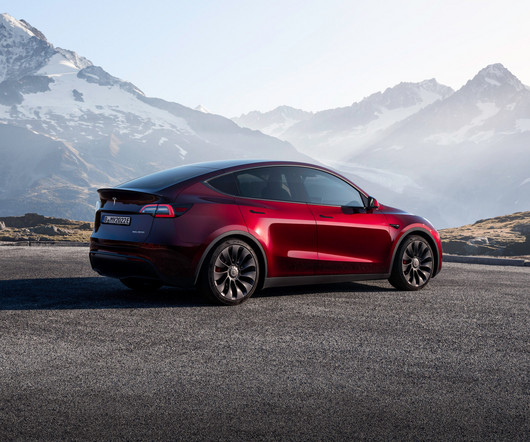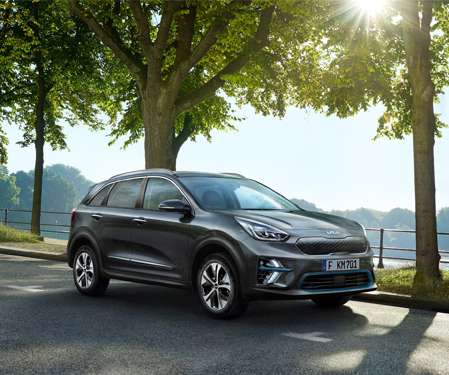Lessons From Norway’s Journey To Becoming The Global Leader In EV Adoption
Wallbox
JUNE 30, 2021
Norway leads electric vehicle (EV) adoption, boasting the highest share of new EV purchases worldwide. To learn from its experience, let’s look back through Norway’s 30-year journey to becoming an EV giant: it all started with a mission to curb the country’s CO2 emissions. Curbing CO2 Emissions with Electric Transport.











Let's personalize your content